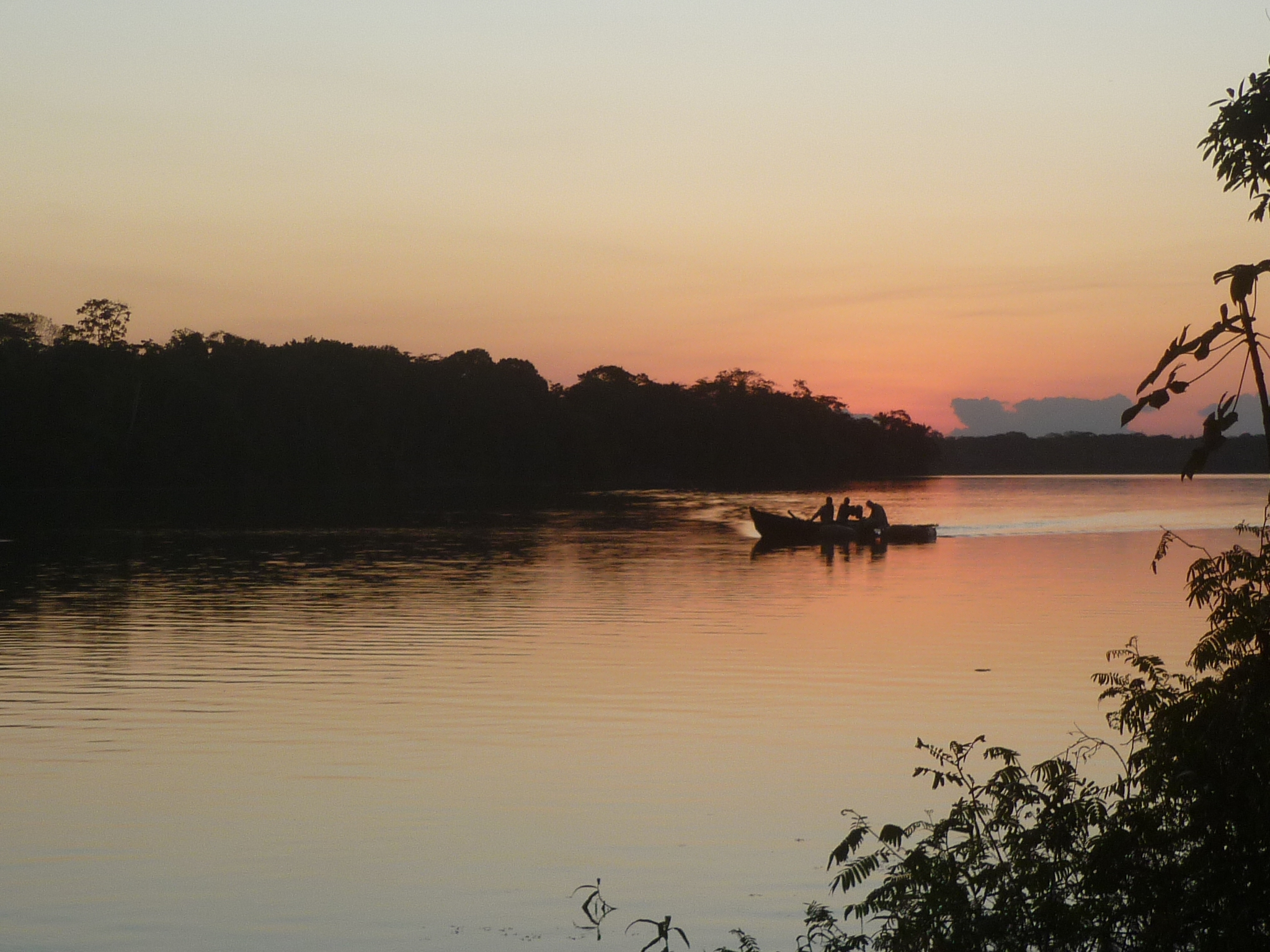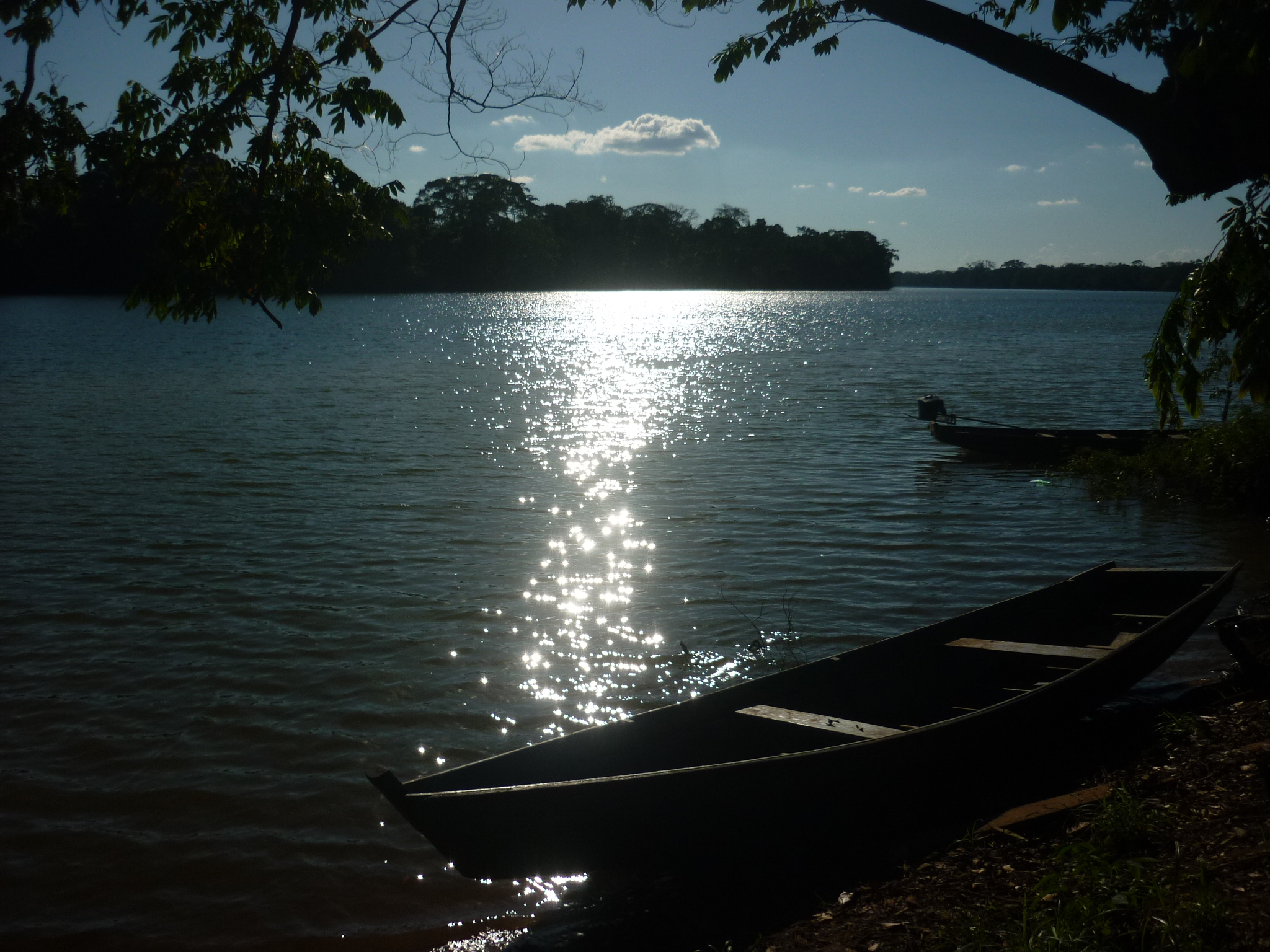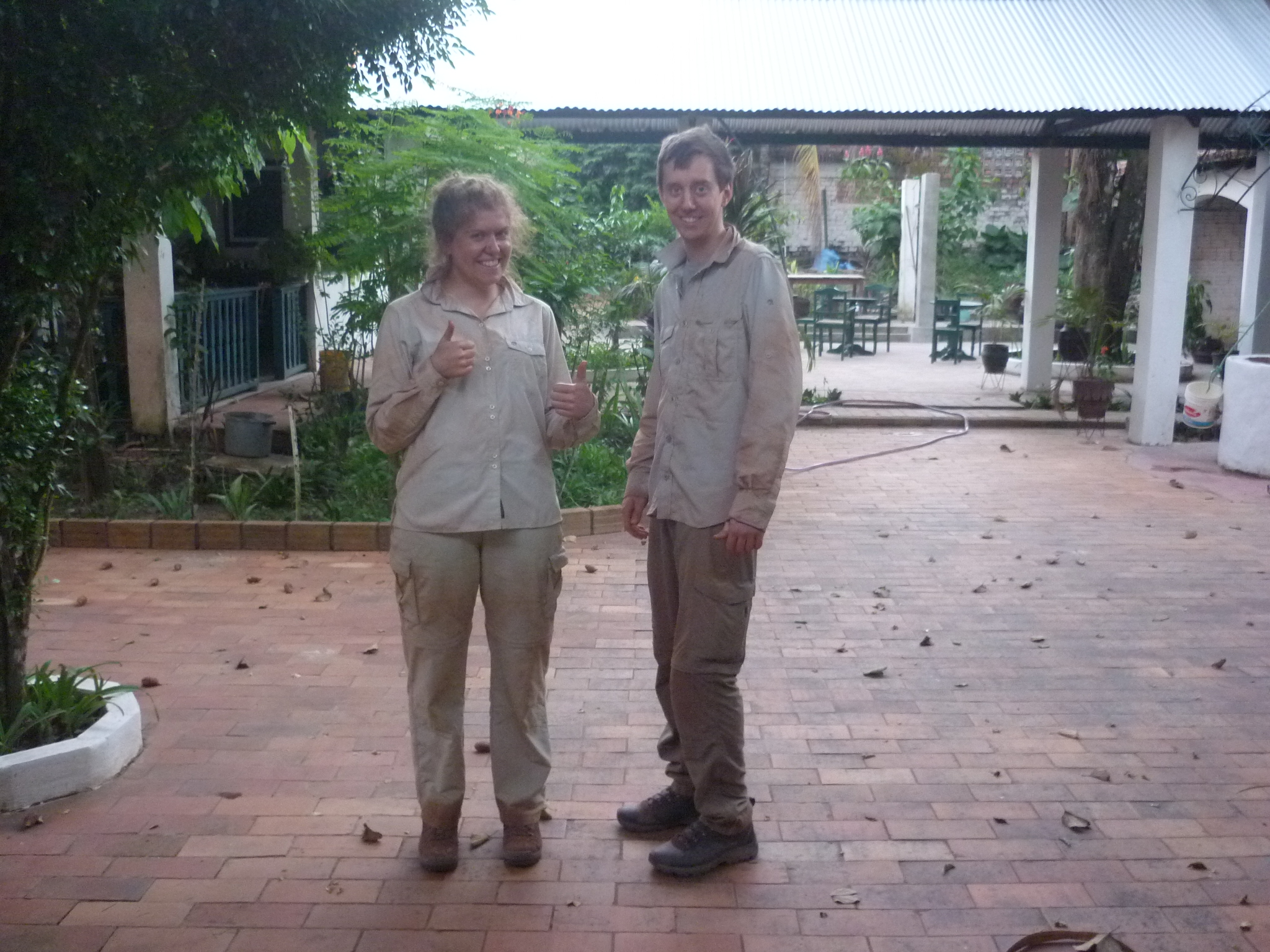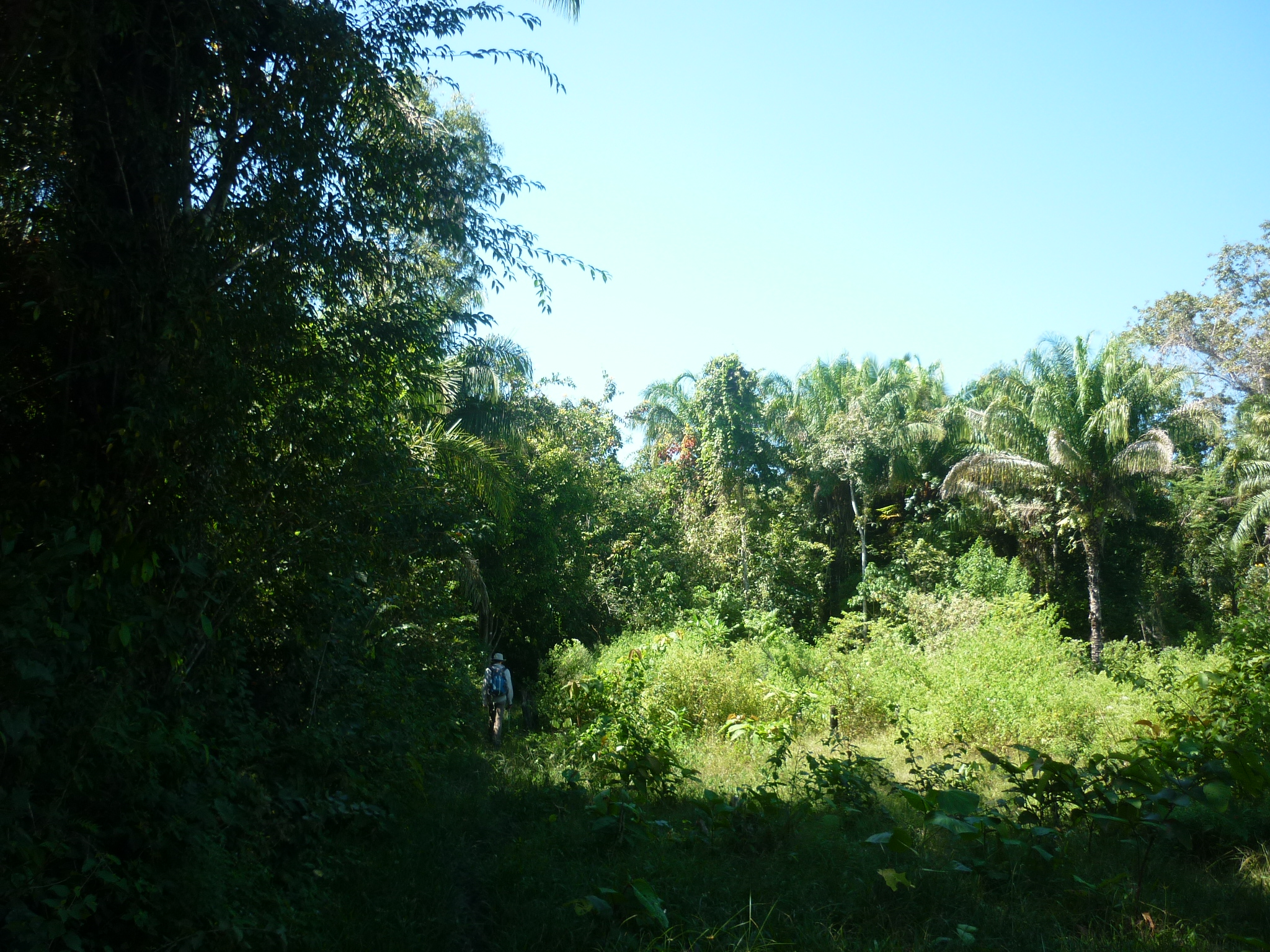This summer I went on my first fieldwork season to the tropics. It was definitely an experience! Since I’ve come back everyone who I’ve spoken to about it has said how wonderful it must have been, and how lucky I am to be able to do this as a job. And I completely agree; it was an amazing opportunity to work in such a different and exciting environment, and to see/touch the vegetation that I study and discuss all the time from afar. I also got the chance to experience Bolivian culture and improve my Spanish speaking skills (which really needed it!).
However it was also a lot of hard work, and definitely not a free holiday. We were often up early and working in the 34 degree heat and humidity all day, staying out as long as the sun was up and then sometimes processing samples in the evenings. But I knew that was going to happen. I think the most important lesson I learnt about fieldwork, especially in the tropics, is the amount of time that needs to be spent on logistics, organisation and communication once you’re out there. You can’t set out on your fieldwork with a completely fixed idea of what you’re going to sample and where. Of course it is important to have a plan, but you need to accept that everything can change once you’re out there. You can’t hope to understand the logistics of accessing a site using googlemaps alone! Local knowledge and co-operation are absolutely key, and we were lucky enough on our trip to have some great help from colleagues and locals.
We are out there to do work, and get the samples that will form the backbone of our research for the next few years (hopefully!), but it is also easy to get lost in the work and forget how beautiful the place you are working in really is. One day after a hot day digging a soil pit in the dry forest near Concepcion we decided to go swimming in a local lake as the sun set. It was beautiful and cold(ish) but sadly we didn’t pay quite enough attention to the large sign with a sad face on it next to the lakeside. We paid for it dearly the next day, when I came down with a pretty rough intestinal infection and left the others to dig the soil pit without me!
So my first experience of tropical fieldwork was challenging, but also incredibly inspiring and enjoyable. I hope I get the chance to go again!









